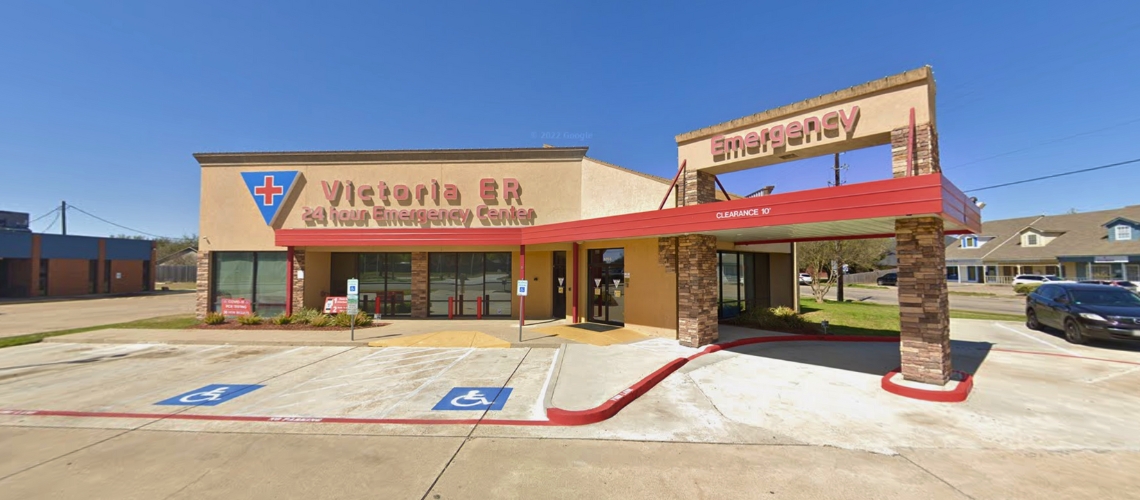Latest News from Victoria Emergency Room



New Year, New Goals: When to Visit the ER for Exercise-Related Muscle Strains
As the new year rolls in, many people embrace resolutions to improve their fitness, get active, and lead healthier lives.…

Common Childhood Illnesses: Symptoms, Treatment, and Prevention
Childhood is a time of exploration, growth, and development. However, it is also a period when children are particularly susceptible […]

The Benefits of IV Therapy
Intravenous (IV) therapy has gained popularity for its ability to deliver essential vitamins, minerals, and fluids directly into the bloodstream, […]

Slips, Trips, and Falls—Common Causes and Risk Factors
Slips, trips, and falls are among the most common accidents leading to emergency room visits. Whether at home, work, or […]
